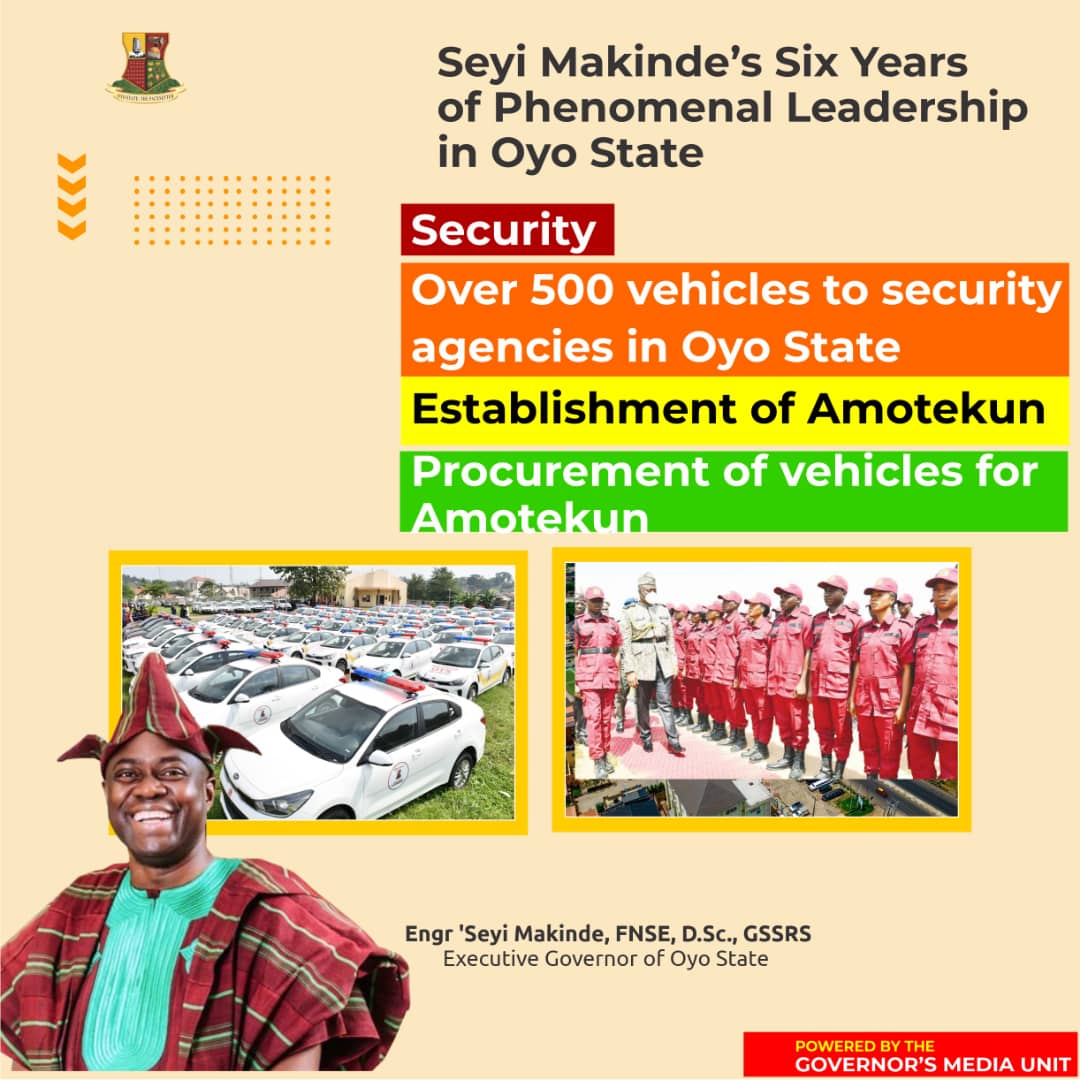
The pan-Yoruba socio-political organization, Afenifere, has cautioned against the tendency to fuel the embers of discord when peaceful co-existence should be nurtured.
The organization’s admonition came in the wake of a resurgent claim that Igbo people of South-East Nigeria founded Ile-Ife, the cradle of the Yorubas saying that such a claim is not only false “but a violent attempt to turn history upside down”.
It would be recalled that two Igbo scholars, Tony Duru and Ijeoma Duru, in a jointly authored book asserted that Igbos were the original inhabitants of Ile-Ife before the acclaimed progenitor of the Yorubas, Oduduwa, came to displace them and established Yorubas in Ife.

Their assertion, which was contained on page 62 of their book entitled *‘Standard History Studies for Junior Secondary Schools – Book 1-3’*, reads thus:
“…historical place of Ife in the history of Yoruba people is connected to history of their settlement in Ife. Historical evidence proved that the area was originally occupied by Igbo people of Nigerian extraction. Later, Oduduwa and his armies invaded the land and chased the earlier settlers down …”
In a statement by Comrade Jare Ajayi, the organisation’s National Publicity Secretary however, Afenifere decried the unwarranted predilection of some Igbo irridentists to instigate avoidable brouhaha by making claims that are not only unfounded but highly provocative.
Ajayi recalled that a female writer who goes by the name, Kasimma, in an interview published on November 29, 2021 edition of ‘The Shallow Tales Review’ has made a bombastic claim that Igbos are actually the “pioneers’ of the universe”! Described as an alumnus of the Chimamanda Ngozi Adichie Creative Writing Workshop, Kasimma, an author of several books, has asserted in the interview conducted by a fellow Igbo, Nzube Nlebedim, that “Igbos are the pioneers of this Universe. We are the first colonizers”. Such bombastic claims are common by some revisionists of that stock.
“From all indications, buying land and properties in Yorubaland does not seem to be enough for these people, having official entitlement to Yorubaland seems to be the target hence the narrative that Igbos were the original inhabitants of ile-Ife, the origin of the Yoruba race!
“In this wise, the Yorubas tend to face the challenges of Fulani herders wanting to annex their land forcefully if possible, while Easterners tend to do same by laying claim to the very origin of the people!
“Yorubas are not engaged in territorial expansionism. It’s quite paradoxical that those that Yorubas are accommodating with open arms are the very ones trying to displace them (Yorubas) from their land”.
Ajayi added that the dust raised by the unsubstantiated claims of the Igbos concerning Lagos is yet to settle. Among such claims were that the city of Lagos ‘is no man’s land’. And being no man’s land, anyone, including or perhaps the Igbos, can lay claim to it. At another instance, some even claimed that it was Igbo wizardry that built the economy of Lagos.
“Claims such as these serve no useful purpose other than creating gulfs between two people who should explore ways of cooperating with a view to better serve the best interests of their respective populace”.
Afenifere spokesman stated that the false claim contained in the book authored by the Durus might be ignored but for its reported endorsement by the Nigerian Educational Research Development Council (NERDC), a federal government educational institution.
“If it is true that the NERDC endorsed the book, Afenifere is of the strong view that the Council should withdraw such an endorsement as it goes against the mandate of the establishment which should be among the institutions promoting unity and harmonious relationships between ethnic groups in the country”.
The book, and similar ones that tend to promote the subjugation of one ethnic group to the other should be withdrawn from circulation “and certainly not be used in the classrooms so as not to impart wrong knowledge on the young minds. Ethnic jingoism should not be allowed in educational system”.
To Afenifere, the Yorubas have always extended hands of fellowship to their neighbours in the South East as well as others they come in contact with. “Unfortunately, many of them abuse the friendly spirit of the Yorubas by trying to overwhelm them and take over their properties including their lands.”
Mention was made of how Yorubas kept the properties of many Igbos intact for them during the civil war. After the war, these properties were returned to the Igbos including some rents that accrued on them. “Few people across the world were on record to have done this type of thing” Ajayi said, adding that “rather than commending Yorubas for this highly humanitarian act, they are even literally ridiculed by the very people who were beneficiaries of their (Yoruba’s) kind spirit.”.
Afenifere statement also cited the attempt made to twist the remark made by Ooni of Ife, Oba Eniitan Ogunwusi Ojaja II in 2019 with the aim of encouraging a closer rapport between the Igbos and Yorubas. The revisionists were twisting the assertion by Ooni on a historical contact by the Yorubas and Igbos to mean that Igbos ‘established’ what is now known as Ile-Ife. How can an Ooni, Arole Oodua, make such a claim?
On April 22, 2019, when the president of Ohanaeze Ndigbo, Lagos State chapter, Chief Solomon Ogbonna Aguene, visited the Ooni of Ife, Oba Adeyeye Enitan Ogunwusi, the monarch had hinted at a historical connection between the two peoples, Yorubas and Igbos, with a view to engendering further understanding and cooperation among them. Ogbonna was at the palace as a member of the delegation of African Farmers And Cultural Organisation on a courtesy visit to the palace.
Some twisted Ooni’s remark to purport that he affirmed Igbos as the original inhabitants of what is the present Ife.
“Besides the view of Ooni, many Yoruba commentators, scholars and politicians have been making efforts to forge unity and harmonious relationships between Igbos and Yorubas. But these efforts are hardly acknowledged let alone appreciated by the Igbos as exemplified by, among others, the unpleasant experiences of Yoruba icons like Chief Obafemi Awolowo, Professor Wole Soyinka, Colonel Victor Banjo etc.
“Rather than encouraging building of positive bridges, what some Igbo irredentists do is to accentuate unfounded fissures among the two peoples.
Advocating for a more accommodating spirit, Ajayi asserted that respect for the five social values is very important. The social values are mutual respect, personal and corporate freedom, community consciousness, social responsibility as well as justice and fairness. “Where and when these values are made to characterize our relationship with one another, we all would be the better for it”.
Maintaining that Yorubas are exemplary in upholding these core social values, Ajayi called on other tribes to emulate this gesture “so that we can have a society that will keep inducing and promoting the best inherent in us”.



